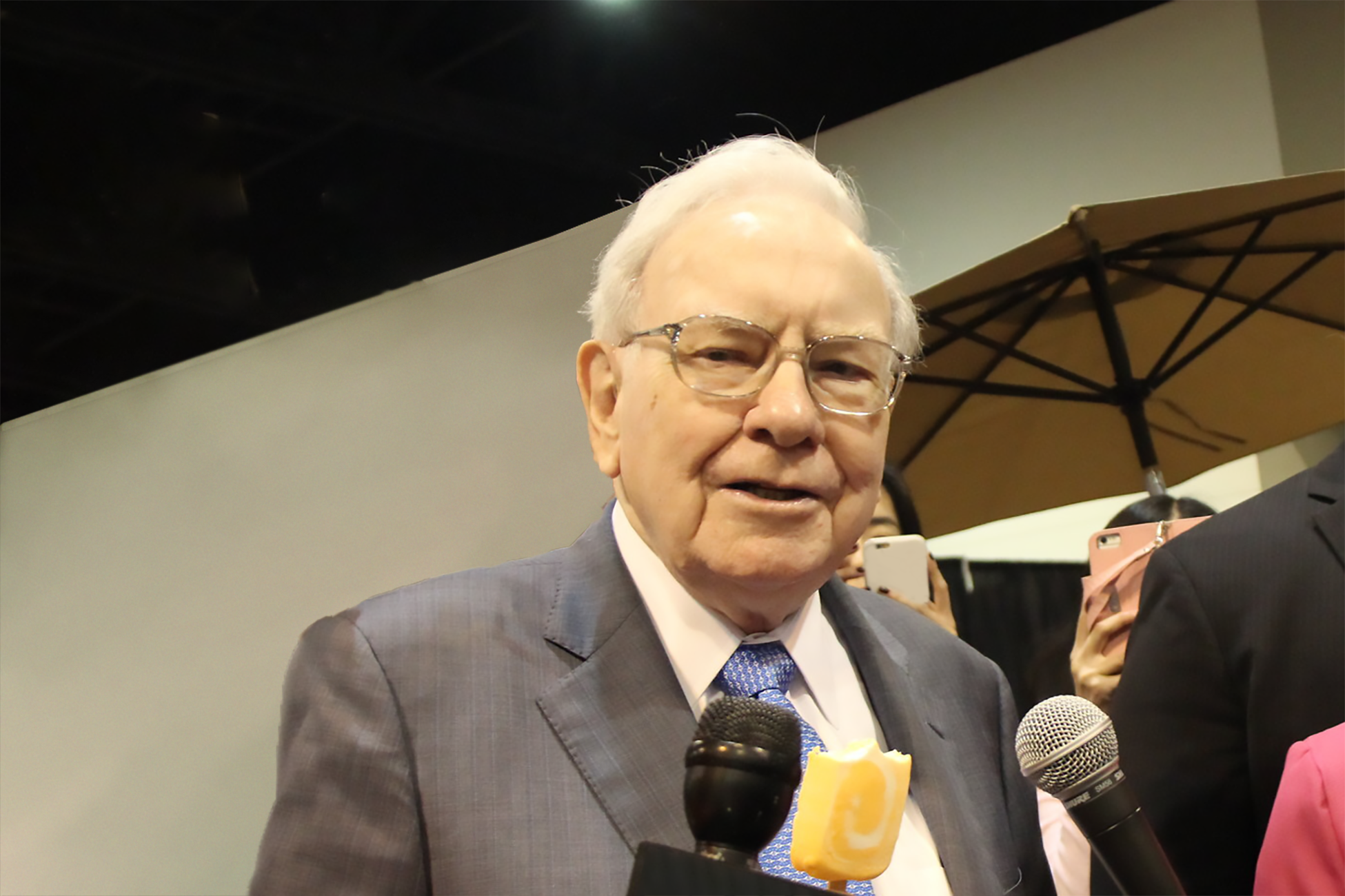Compared to many other chief executive officers, Markel (MKL 1.04%) CEO Alan Kirshner sure doesn't spend much time in the limelight. In fact, even after poring over Markel's last eight quarterly earnings conference transcripts, I found only one sentence spoken by Kirshner in the Q&A portion of a single call. Instead, he typically lets renowned value investor -- and, incidentally, Markel President and CIO -- Tom Gayner do most of the talking.
Gayner's investing prowess is a huge reason Markel is often compared to a young version of Warren Buffett's much larger Berkshire Hathaway (NYSE: BRK-B) (NYSE: BRK-A). Like Buffett, who led Berkshire to increase its book value by 19.8% annually over the past 50 years, Gayner has helped Markel become an 20-bagger since he took the post in 1990.
Still, Kirshner has remained Markel's CEO since its 1986 initial public offering, so it pays to listen to what he says in an effort to learn what makes this "mini-Berkshire" tick. With that, here are five quotes from Kirshner that any long-term investor can appreciate.
On knowing your limits: "I believe and I tell our people: 'Sit down and tell me, make a list of what you're good at and make a list of what you're bad at, and you gotta be honest with yourself to make this list.' [...] I always wanted to have partners who could do all the bad stuff. We all got to do those things that we did best."
To be sure, Kirshner continuously stresses not only the importance of knowing your strengths, but also the advantage of surrounding yourself with people who can effectively complement your weaknesses.
On enjoying life: "Hell, living is fun. You might as well take full benefit of it. I like the past from what we learn from it. It's fun to learn. It's fun to go on to the next thing."
True to form, Kirshner believes to do something well, its important to be able to enjoy yourself while you do it. After all, considering the first quote above, it makes sense he would later elaborate, "Just think, if you don't have to do the stuff you don't like to do, how much fun life is."
On trusting his colleagues: "That's one thing I admire about the whole group we have: They're not afraid to hire people who are as smart or smarter than they are. That's really the secret of success. You'd be stupid if you didn't listen to these people."
Once again, Kirshner isn't afraid to humbly admit he's not always the smartest person in the room -- an admirable strength that cannot be overstated. To the contrary, he wisely recognizes it's best to keep an open mind and make sure those smart people work for Markel.
On shunning bureaucracy: "If something's going wrong, you want to call and get somebody in charge. So if we got nine presidents, plus a corporate president, you ought to get a damn president if you want to."
On knowing his company: Speaking to the notable lack of prepared statements during Markel's annual shareholder's meeting, Kirshner states "A lot of companies and a lot of executives don't really like to answer those kinds of things in public. They're not comfortable. But let me tell you, we eat, live and breathe the business. It's not hard for us to answer questions."
I don't know about you, but these are exactly the kind of executives I look for in a company. While it's important for investors to perform due diligence on every stock they own, it sure helps to be confident in management's knowledge of the underlying businesses.
Built to last
Considering Kirshner's words and Markel's long-standing dedication to creating shareholder value over the long term, it's no surprise the company has risen nearly 5,800% since its IPO in 1986. Even so, Markel's total market capitalization is still less than $5 billion, and massive financial holding companies like Warren Buffett's $250 billion Berkshire Hathaway have shown Markel still has plenty of room to grow.








